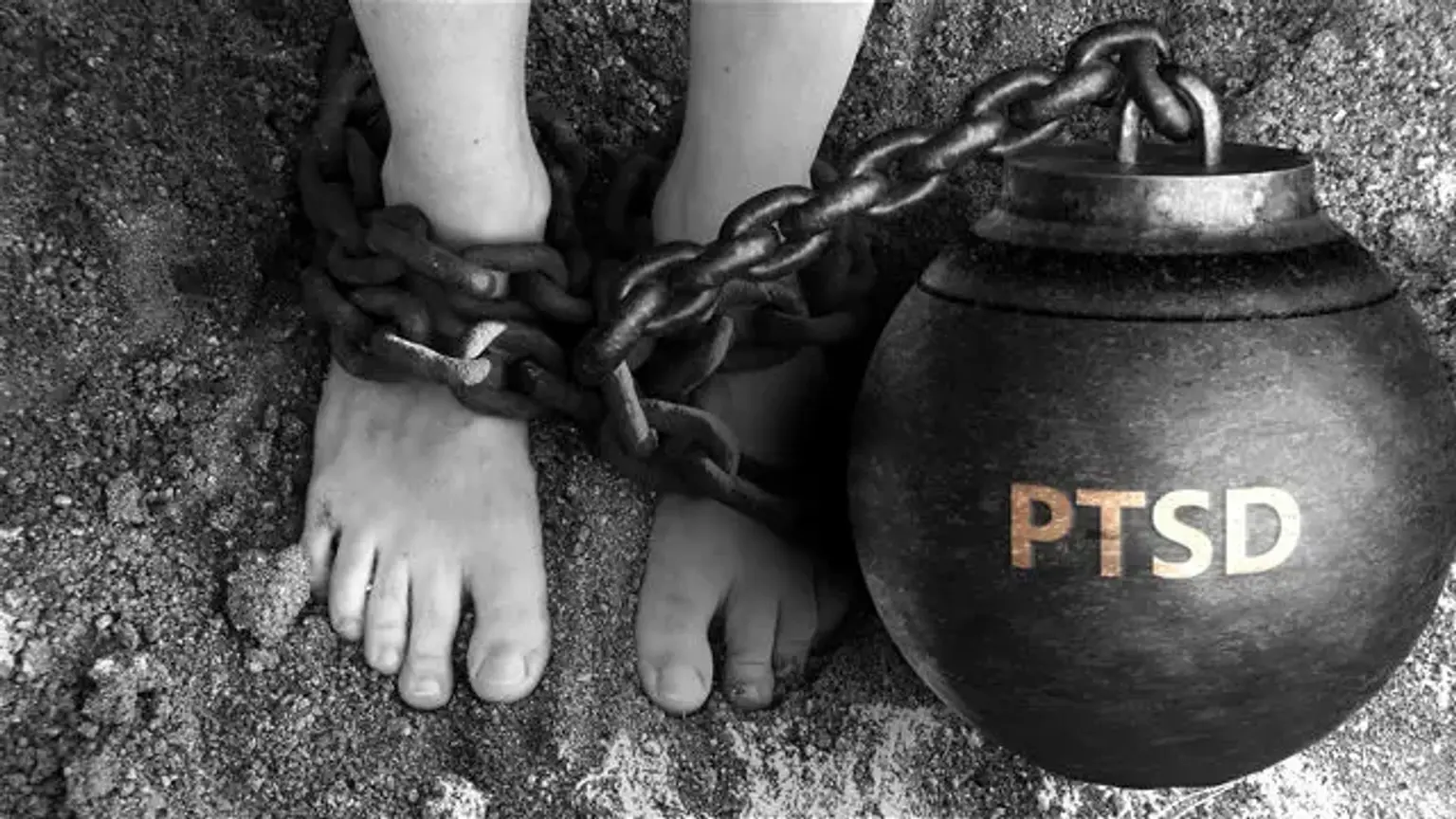Introduction
Understanding PTSD
Post-Traumatic Stress Disorder (PTSD) is a mental health condition that develops after experiencing or witnessing a deeply traumatic event. It is marked by a wide range of symptoms, including persistent emotional distress, recurring flashbacks, nightmares, and difficulty functioning in daily life. While the condition can emerge immediately after the event, symptoms sometimes take weeks, months, or even years to surface. PTSD affects people from all walks of life—veterans returning from combat, survivors of physical or emotional abuse, and individuals who have endured natural disasters, severe accidents, or other life-threatening situations.
Despite its prevalence, PTSD remains misunderstood by many, often leading to delays in diagnosis and treatment. Raising awareness about the condition is essential for breaking the stigma around mental health issues and ensuring that individuals receive the care they need. With the right support, those living with PTSD can regain control of their lives, manage their symptoms effectively, and find a path to healing.
Why PTSD Awareness Matters
PTSD is far more common than many realize, impacting millions of people around the world. In Korea, where the stigma surrounding mental health is only recently beginning to lift, PTSD remains an under-discussed issue. However, growing awareness of mental health challenges has sparked a movement to address PTSD through education, specialized treatments, and public awareness campaigns.
The importance of early detection cannot be overstated. Left untreated, PTSD can severely impair an individual’s quality of life, straining relationships, hindering career progress, and even leading to substance abuse or self-isolation. In Korea, where societal pressures often encourage people to suppress emotional struggles, it is particularly vital to foster open conversations about PTSD. By recognizing the signs early and encouraging intervention, society can help those affected by PTSD begin their journey toward recovery and improved well-being.
Signs and Symptoms of PTSD
Early Signs of PTSD
